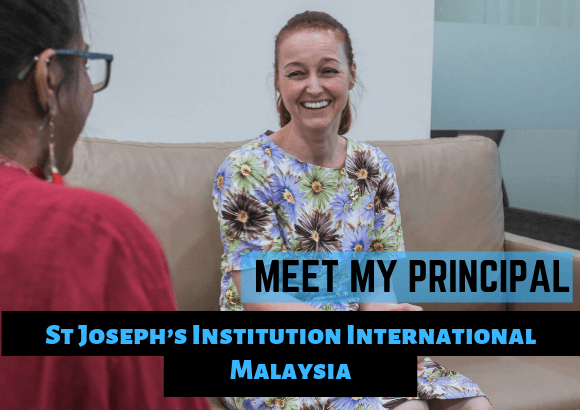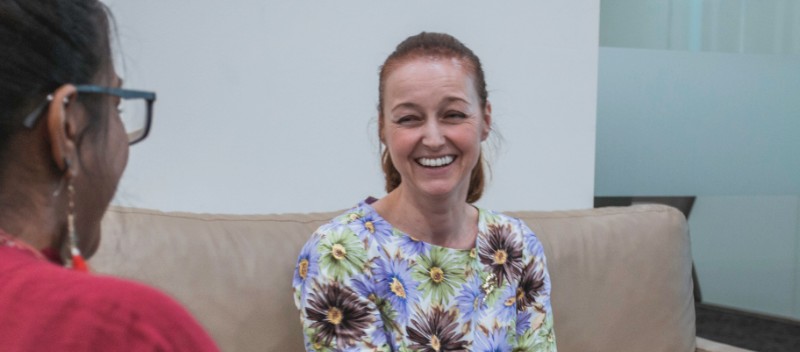Meet My Principal - St. Joseph's Institution International School Malaysia
 Schooladvisor Team
Schooladvisor TeamManaging parents’ expectations is nothing new for a school leader, many international schools will have an array of nationalities of parents with significant differences in their expectations.
How do you manage the expectations of the parents and still maintain the standard of your school?
We are very focussed on communicating our values. We strive to consistently act in line with those values. We are open with our parents about the values and how they inform our practice. This is always the starting point of discussions with parents if it seems that we are looking at the situation from very different viewpoints.
What are the challenges you have faced when it comes to parents’ expectations?
Parents want the best for their children. We want the same. We have an array of techniques and skills to support this. Parents have ideas and views based on the information. We might have different information. If the discussion begins from a shared curiosity it is always possible to reach an outcome that is in line with the evidence and our values.
Hiring can be daunting especially when there is a requirement to manage a diverse workforce while managing expatriates.
What do you look for in teachers in your school?
The main characteristic I look for is alignment with our values. I trust the professionalism and experience of teachers and give them autonomy. However, our school culture is unique to us and it is as important as academic results.
What do you do to overcome difficulties in remote recruiting and skills shortages?
Remote recruiting has good and bad points in terms of effectiveness. A Skype interview can actually be more rigorous because of the lack of interpersonal contact. We each need to be very articulate because we cannot rely on gestures, body language or any other prop. As I mentioned above: I trust the professionalism of the teachers. They are educators and can learn how to perform any of the tasks that take place in a school, at whatever level. The challenge is to guide them on how to execute the tasks and still in line with our values.
How do the teachers in your school instil a holistic method of learning in their students and if so, does it differ from other international schools?
I would expect all International Schools to describe their education as holistic. I would suggest that it differences lie in the interpretation of the word. To us, holistic is not simply taking part in music, sport and World Scholars Cup in addition to studying. To us, holistic is the development of well-rounded, adaptable individuals. How that is achieved depends on the child and the context. Extra-curricular experiences are very helpful in this regard but taking part in the activity might not actually result in change or development. Service work is a powerful tool to engage children holistically. This instils a connection to the environment and other humans. The empathy that can be derived from this has a lasting change.
Rapid Fire Questions with Nicola Brown







Recent Articles
- What Should You Be Looking for in a Preschool?
- HELP Education Group Unveils New Sports Oval in Subang 2 Campus
- Exploring the Homeschooling Path: What Parents Need to Know Before Taking the Leap
- More Parents Are Now Opting for International Schools in Malaysia
- AISM Students Who Dream Big and Build Bigger


